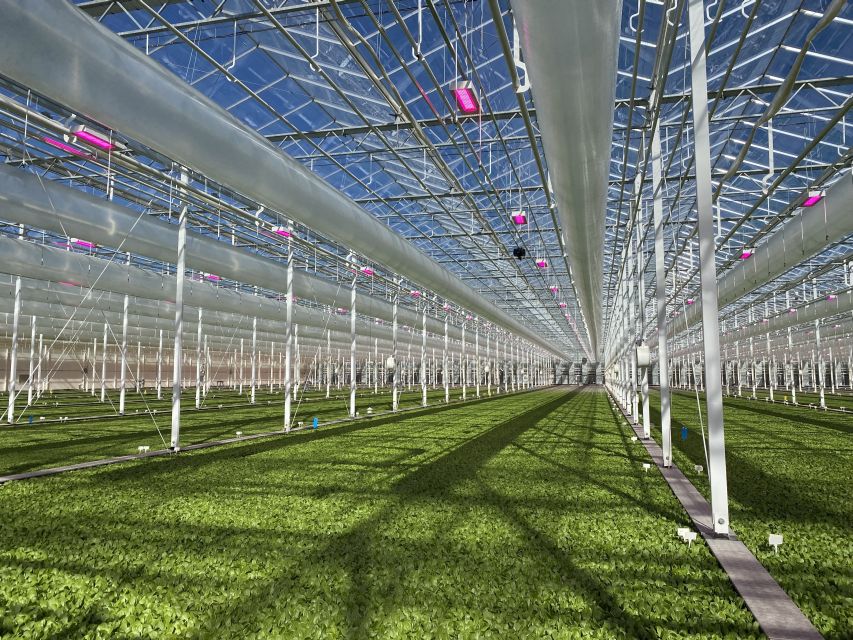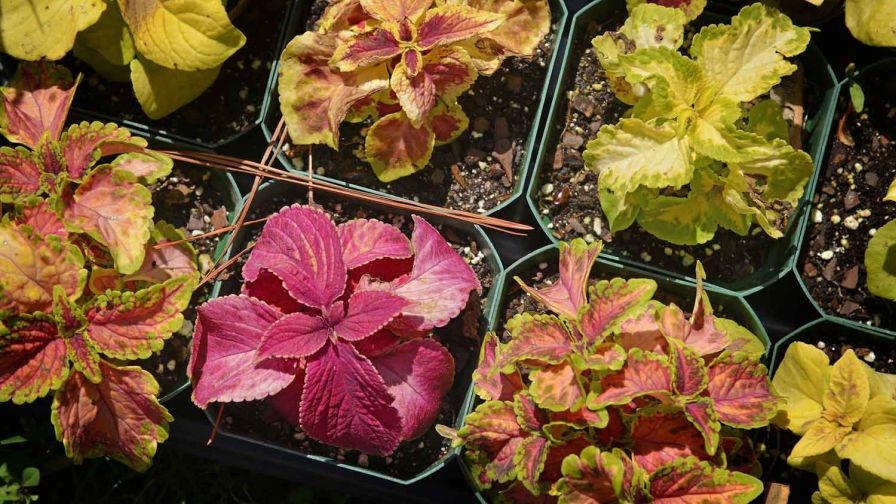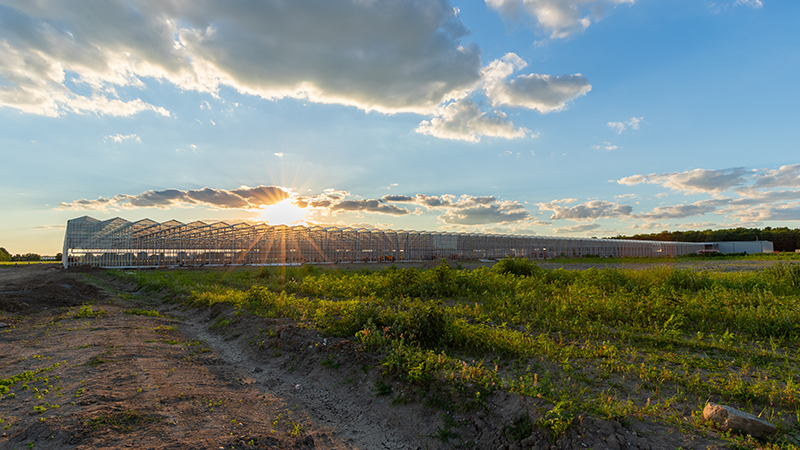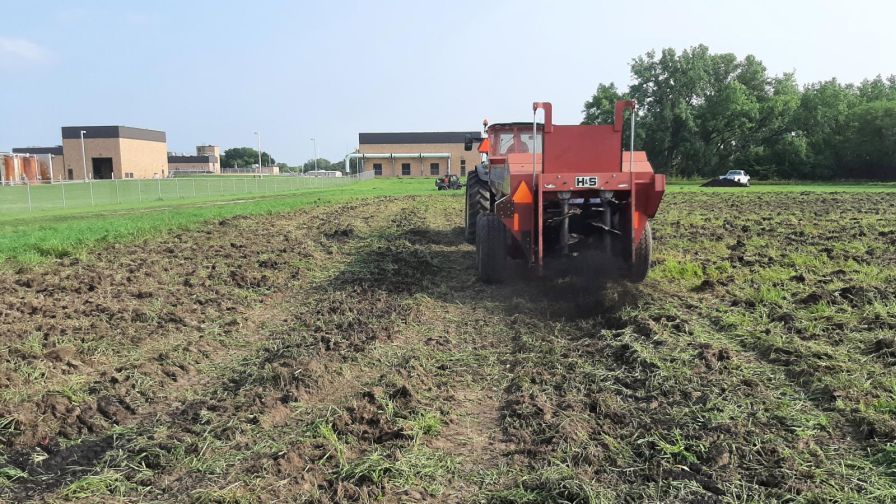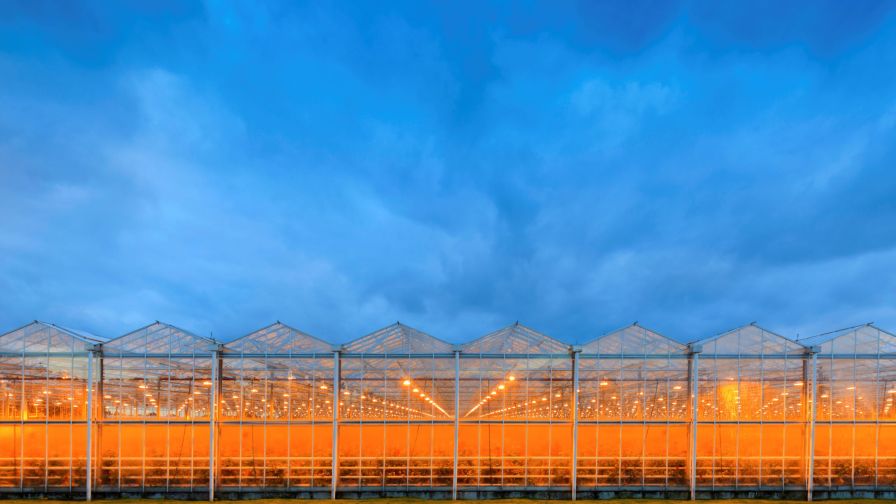Why Consumers Value Health Benefits of Plants, and How You Can Respond
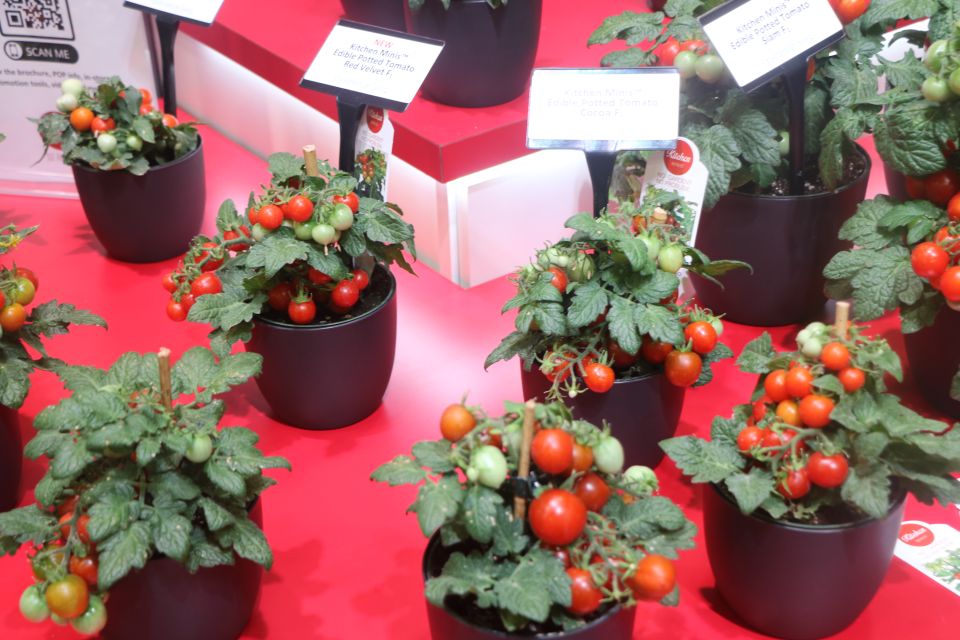
New Kitchen Minis Series – Tomatoes and Peppers (PanAmerican Seed)
As the COVID-19 pandemic wanes, plant growers and retailers are looking for ways to retain their new customers (check out this recent article on why gardening is here to stay post-pandemic). According to the 2021 National Gardening Association survey, the industry gained 18 million new gardeners during the pandemic.
One area of focus should be the added value plants provide. Dr. Bridget Behe, Professor of Horticultural Marketing at Michigan State University, says consumers value the psychological and emotional health benefits of plants.
About 15-20% of shoppers are price-conscious, and that percentage may inch up during times of high inflation. However, Behe says the majority of consumers do not focus on the price tag. When consumers buy edible plants, they are not worried about the cost because it takes a lot of time and energy to grow tomatoes, squash, lettuce, basil, and more.
“We’re all consumers, and we don’t always make decisions in a rational manner. We may think it’s rational. We’re rationalizing it to ourselves,” Behe says. “But people are so stressed. The anxiety level throughout the country is through the roof right now. How do people cope with some of the stress and anxiety?”
Plants are the “non-prescription antidote,” Behe says. Succulents and orchids were in high demand because they require minimal care.
“People feel a good sense of accomplishment if they can clip some basil and put it on their bruschetta or their caprese salad,” Behe says. “Or picking some tomatoes and grilling them up for your friends or making sauce. They feel good about that.”
Many consumers are also focusing on eating healthy. Home-grown vegetables and herbs are an easy way to build a healthy, nutritional diet. Data shows that people under 40 are very stressed and reap the benefits of plants.
Dr. Heather Kirk-Ballard, an Assistant Professor of Consumer Horticulture at Louisiana State University AgCenter, says gardening became a necessity for mental health during the pandemic. People created gathering spaces outdoors that were an extension of their home, such as front and back porches.
“This was a renewal of people’s need for nature and realizing how much nature heals us during that time that they were in lockdown at home,” she says.




